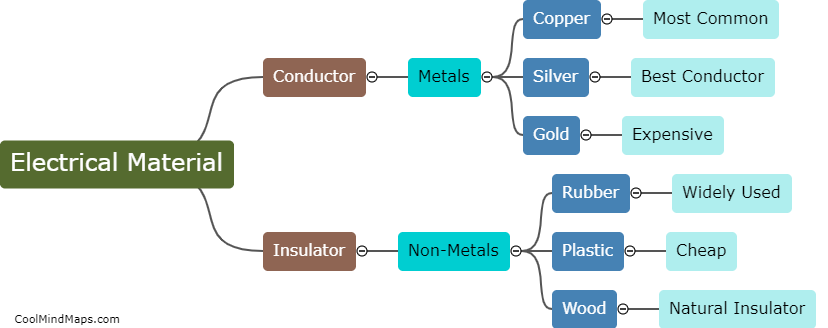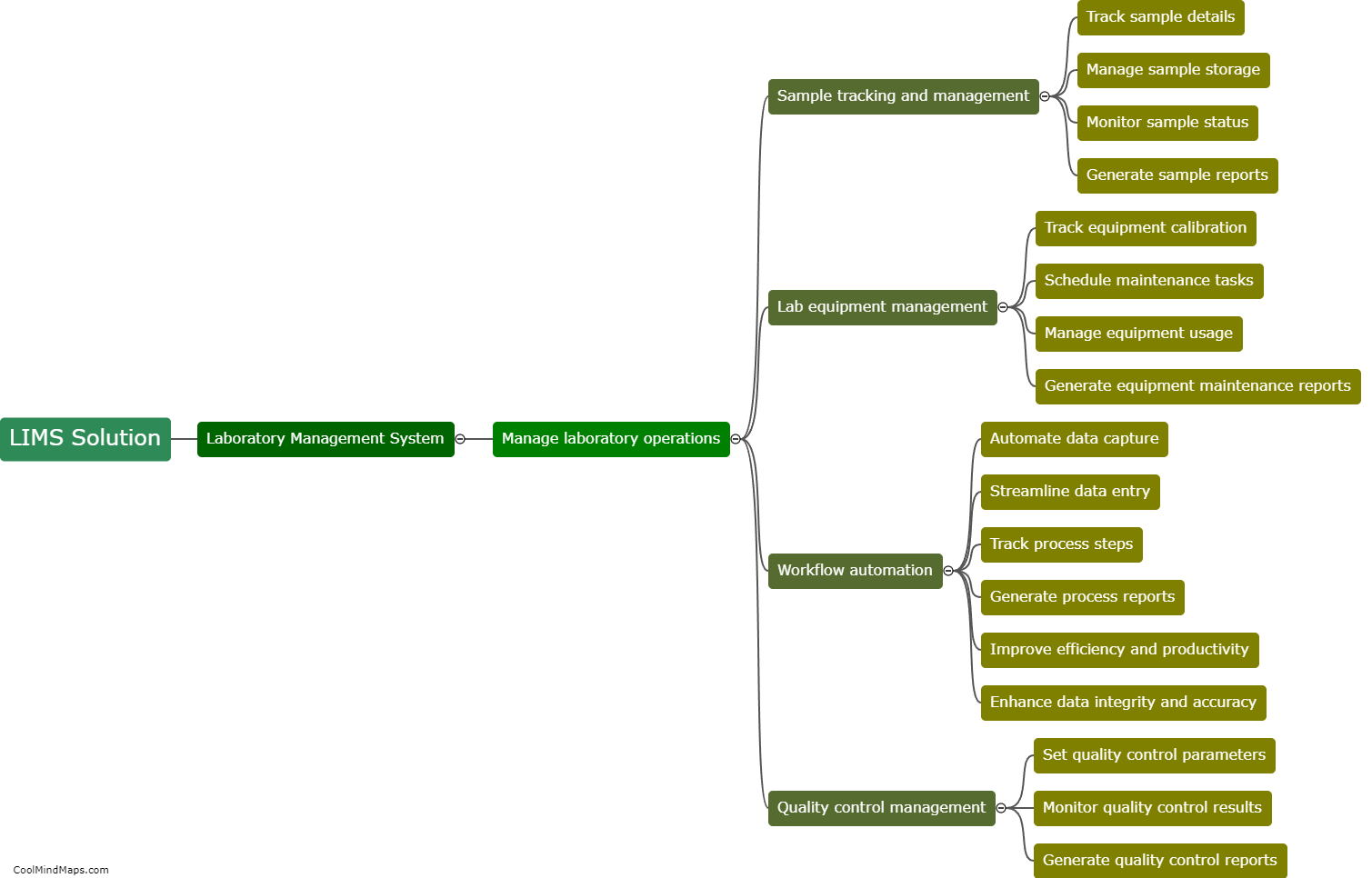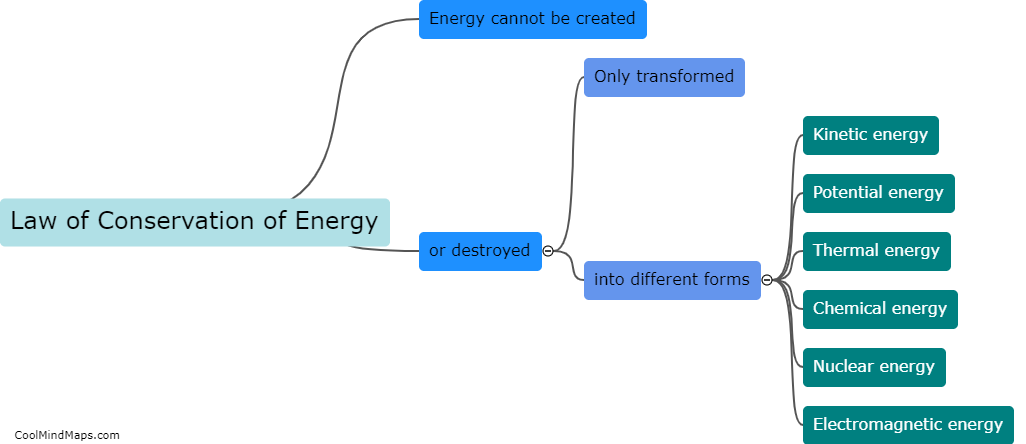What is the difference between a conductor and an insulator?
Conductors and insulators are two types of materials that differ greatly in their ability to conduct electrical current. A conductor is a material that allows electricity to flow through it easily. Examples of conductors include metals, such as copper and aluminum, and some solutions, such as saltwater. In contrast, an insulator is a material that resists the flow of electrical current. Examples of insulators include rubber, glass, and plastic. The main difference between conductors and insulators is the ease with which they allow electric currents to flow, with conductors being highly conductive and insulators being highly non-conductive.

This mind map was published on 18 April 2023 and has been viewed 91 times.











